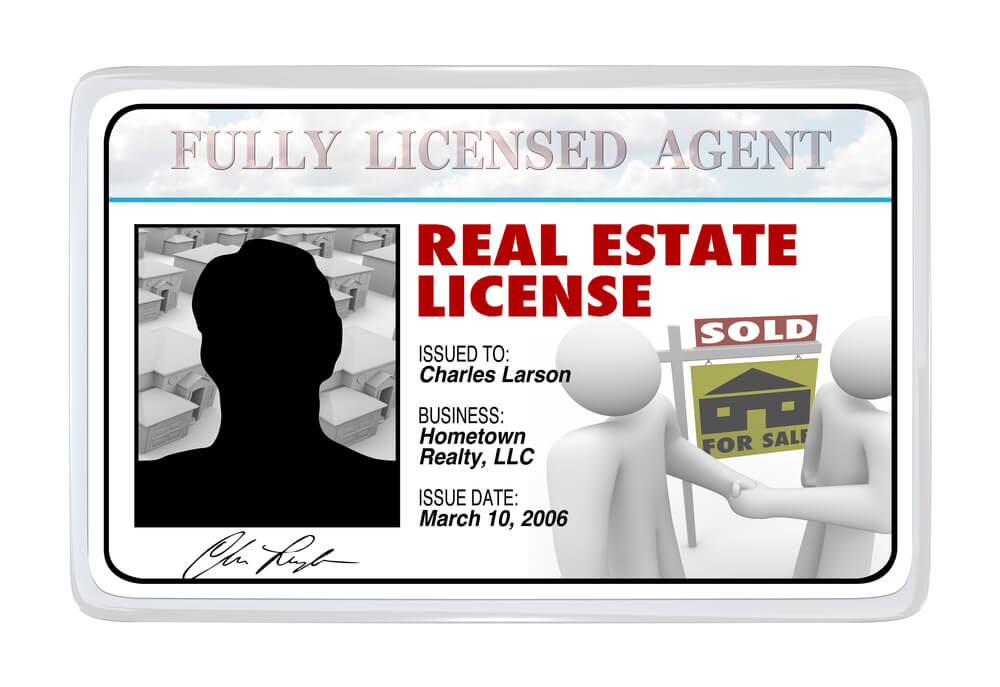

You use it every day, but do you fully appreciate what the REALTOR® membership mark signifies? From its earliest use, “REALTOR®” has been seen as a way to distinguish ethical practitioners. When C.N. Chadbourn, a past president of the Minneapolis Real Estate Board, coined the term, he envisioned that the National Association of Real Estate Boards (the predecessor of the NATIONAL ASSOCIATION OF REALTORS®) would use REALTOR® as “a professional title to be conferred upon its members, which they shall use to distinguish themselves from outsiders. That this title be copyrighted and defended by the National Association against misuse . . .”
From 1915 on, “REALTOR®” has served to identify members of the local, state, and national REALTOR® organizations. When U.S. trademark laws were changed in 1947 to allow for the registration of membership marks, NAR registered REALTOR®. Today, more than 870,000 members proudly use the name.
But despite its widespread recognition, the term won’t retain its value as a symbol of the highest professional standards unless its use is carefully monitored and protected by all legal means.
In 1998, Arlene Freeman, a former NAR member, filed a petition in the U.S. Patent & Trademark Office to cancel NAR’s rights to the terms REALTOR® and REALTORS®. The term REALTOR® is generic and synonymous with “real estate agents,” Freeman claimed.
Freeman had been a member of the REALTOR® organization for almost 20 years but dropped her membership in 1996. Nevertheless, Freeman wanted to continue calling herself a REALTOR® because, she said, REALTOR® is a more succinct way to tell people what she does than “real estate agent.” She also asserted that she was tired of having to correct members of the public by informing them that only members of NAR could call themselves REALTORS® and that she wasn’t a member.
Freeman attempted to convince the trademark office judges that the term REALTOR® has been generic since it was coined. To do so, she submitted the results of a brand awareness survey she commissioned from a consulting company. The company had surveyed individuals who had recently consulted a real estate salesperson or planned to do so in the next year. Of the 96 individuals polled, only 10 percent responded that REALTOR® was a “brand” name. Freeman also submitted examples of generic uses of “REALTOR®” found in books, magazines, newspapers, encyclopedias, and court decisions.
NAR denied Freeman’s claim. In support of its position, NAR submitted its own survey results. NAR chose to survey licensed real estate brokers and salespeople because only they would be eligible to become members and use the membership mark. When the field of potential members was asked the primary significance of the term REALTOR®, 84.3 percent correctly identified it as a proprietary term indicating membership in NAR and not a generic word.
In addition, NAR introduced numerous examples of proper use of the term in print publications along with dictionary definitions noting the proprietary nature of the term.
The judges ruled in NAR’s favor, dismissing the petitions to cancel the registration. However, the court’s ruling wasn’t a decision based on the substantive issue of whether the mark was generic. Instead, the judges found that Freeman wasn’t entitled to challenge NAR’s marks. Because she had been a member of the association and licensed to use the marks for 20 years, she was barred by a legal doctrine known as licensee estoppel. This doctrine prevents someone like Freeman from attacking the validity of the very marks she was licensed to use.
Unfortunately, by ruling in NAR’s favor on the narrow doctrine of licensee estoppel, the judges didn’t address the core issue of the generic nature of the terms. That ruling must wait for another day.
The wait won’t be long. The attorney who represented Freeman is currently prosecuting a second effort to cancel NAR’s registrations, this time with a client who has never been an NAR member. This second challenger is a recent graduate of Cornell University’s School of Hotel Administration named Jacob Zimmerman. According to Zimmerman, he registered approximately 2,000 domain names containing the word REALTOR® or REALTORS®, intending to sell or license the names to real estate practitioners. These domain names include a geographic location coupled with the term REALTOR®, such as SanFranciscoRealtor.com. Recognizing that members aren’t allowed to use REALTOR® in this fashion, a number of individuals responded to Zimmerman’s sales offer by advising him of this fact. (Members may use the term in a URL only in conjunction with their name or the name of their brokerage company.) Zimmerman also received a warning from NAR’s legal department advising him to cease his efforts to sell domain names containing NAR’s registered marks.
Rather than comply, Zimmerman has challenged the exclusive right of NAR and its members to use the term REALTOR®. His claim, like Freeman’s, is that the term is generic. This time the trademark judges will need to address the issue head-on. A decision could come within a year.
The stakes are high. A loss means anyone can use the term without making a commitment to the NAR Code of Ethics and the high professional standards the term REALTOR® has come to represent. And that would be a loss, not just for NAR and its members, but for the public as well.
Original Article Link